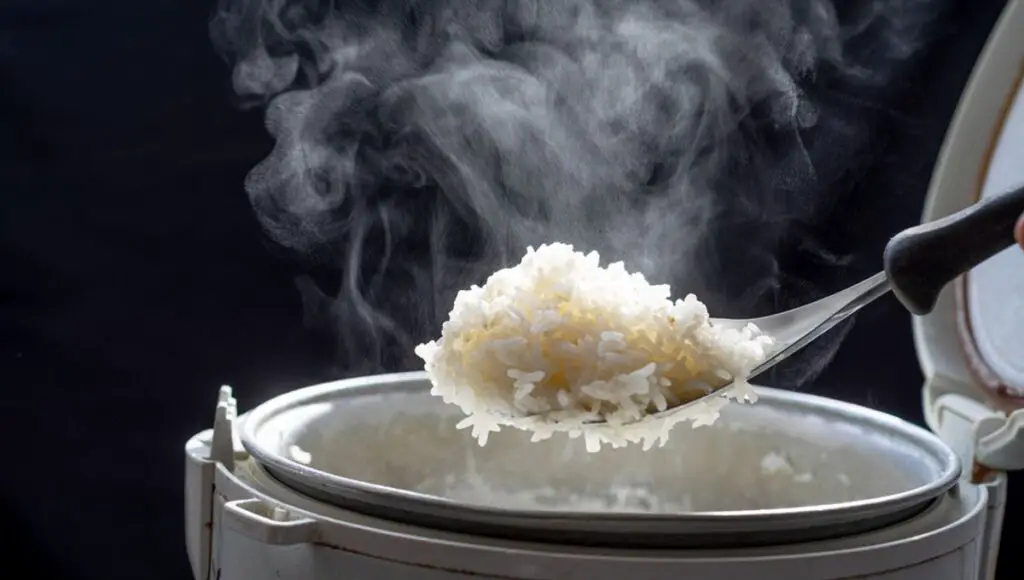The Necessity of Washing Rice Before Cooking
Rice, a beloved staple for billions across Asia and Africa, holds a versatile role in countless global cuisines. From the Greek delicacy of dolmades to Italy’s comforting risottos, Spain’s flavorful paella, and the United Kingdom’s classic rice puddings, rice has universal appeal. However, a question that echoes in kitchens worldwide, whether professional or domestic, revolves around the practice of pre-washing or rinsing rice before cooking.
The Starch Dilemma
Culinary experts opine that pre-washing rice serves to reduce the starch content originating from rice grains. The act of rinsing rice results in cloudy water, containing free starch (amylose) on the rice grain’s surface, produced during the milling process.
In culinary circles, advocating for rice washing is common when the goal is achieving separated grains. However, for dishes like risottos, paella, and rice puddings, where a sticky, creamy texture is desired, washing is often bypassed. Various factors influence this decision, including rice variety, family traditions, local health advisories, and even the perceived time and effort involved. In the case of risotto, typically prepared with arborio rice, rice rinsing is discouraged to enhance the dish’s creamy consistency.
Unraveling the Myth
A recent study undertook the task of examining the impact of rice washing on the stickiness and hardness of three distinct rice types from a common supplier. These rice types encompassed glutinous rice, medium grain rice, and jasmine rice. Contrary to the beliefs of renowned chefs, this study unveiled that the rice-washing process did not affect the rice’s stickiness or hardness. Instead, researchers shed light on the fact that stickiness is not attributed to surface starch (amylose) but rather to a different starch called amylopectin, which leaches from the rice grain during the cooking process. Interestingly, the extent of leaching varied between the different rice grain types. Consequently, it’s the rice variety, rather than the washing technique, that dictates stickiness.
Traditional Rationale for Rice Washing
Historically, rice was washed to eliminate dust, insects, small stones, and husk remnants left from the rice hulling process. While this practice remains vital in regions where rice processing lacks meticulousness, it also has broader implications. Studies have shown that washing rice can remove up to 20% of microplastics and eliminate approximately 90% of bio-accessible arsenic from uncooked rice. However, it’s crucial to recognize that rice washing also washes away a significant portion of essential nutrients, including copper, iron, zinc, and vanadium. For populations heavily reliant on extensively washed rice as a daily staple, this could impact their overall nutritional intake. Thus, the best guidance is to pre-wash your rice while ensuring a diverse grain consumption.
Addressing Bacterial Concerns
Concerning bacterial content, it’s essential to note that rice washing has minimal influence on the bacterial content of cooked rice. High cooking temperatures effectively exterminate any bacteria present. However, wet or cooked rice left at room temperature may trigger bacterial spores’ activation, leading to toxin production, potentially causing severe gastrointestinal ailments. Consequently, it is imperative to refrain from leaving washed or cooked rice at room temperature for extended durations.
The Verdict
In conclusion, the decision to wash rice before cooking is a multifaceted one, influenced by numerous factors. While rice washing may effectively remove microplastics, arsenic, and other contaminants, it simultaneously washes away vital nutrients. Ultimately, the choice to pre-wash or not hinges on individual preferences, cultural practices, and health considerations. Regardless of your decision, it remains crucial to store both cooked and washed rice appropriately to avert bacterial contamination.


